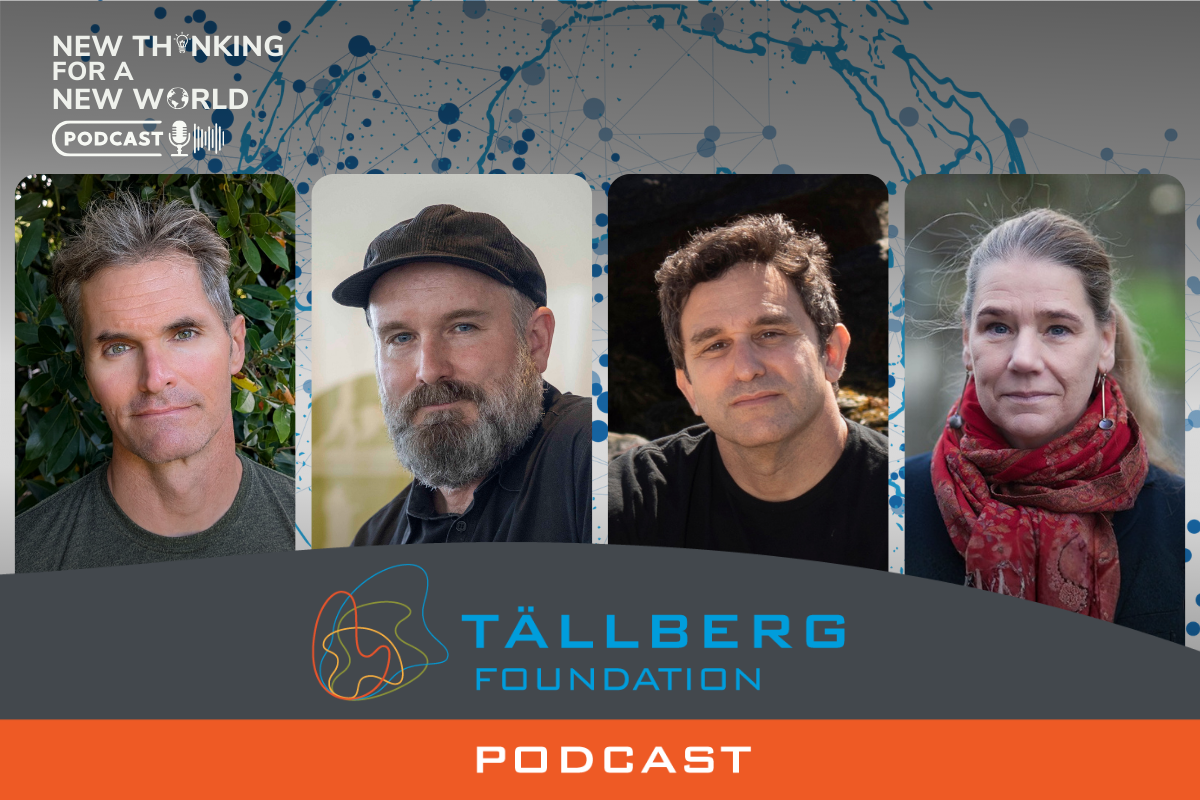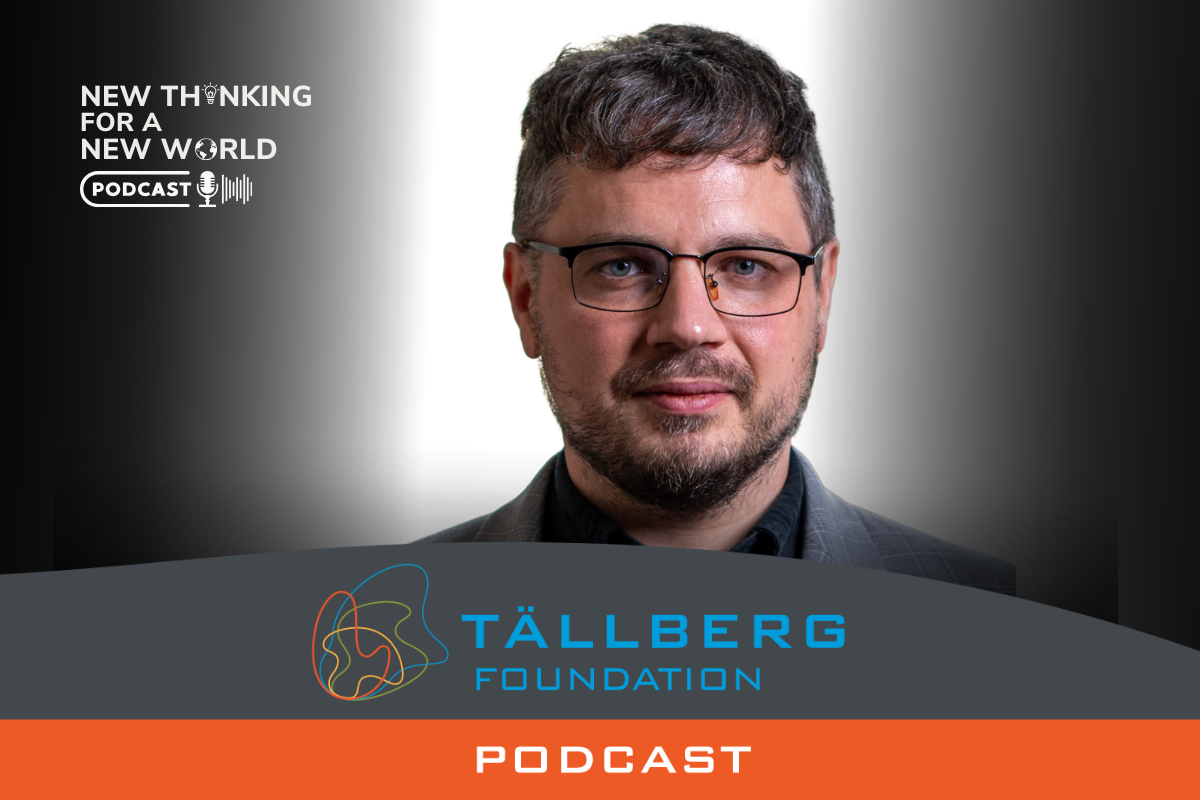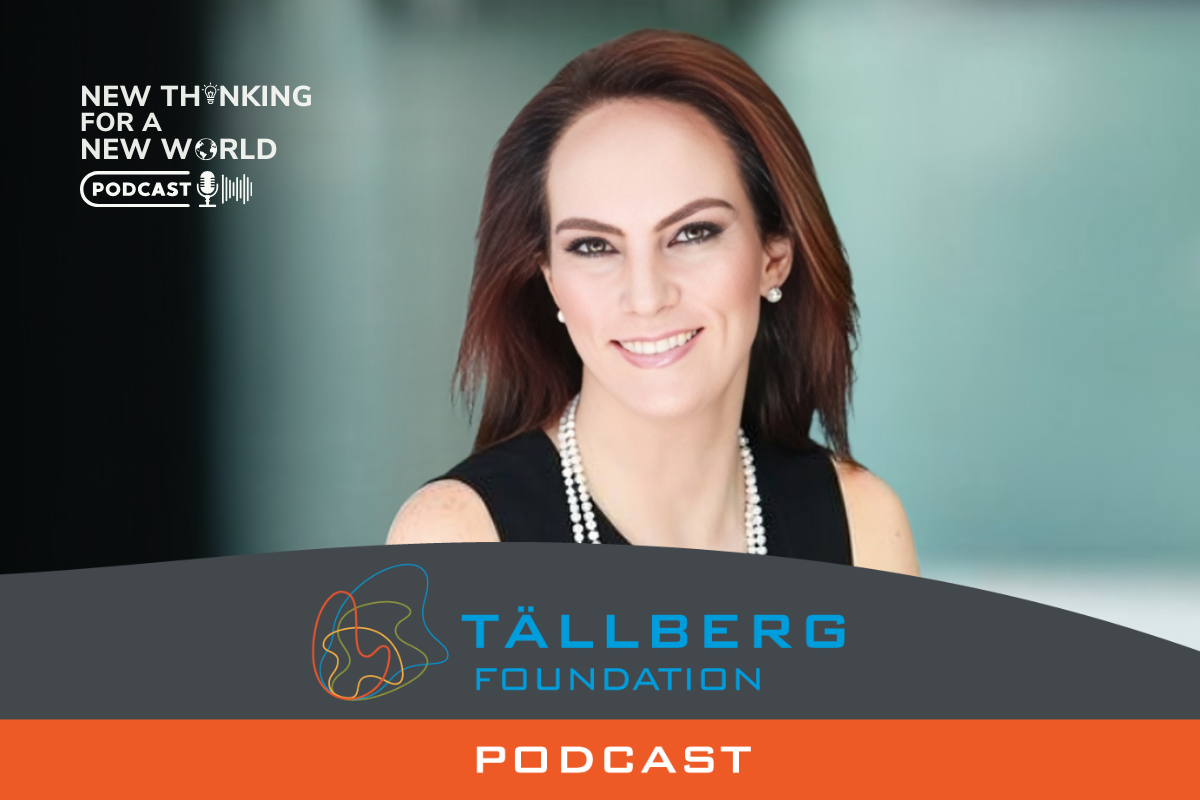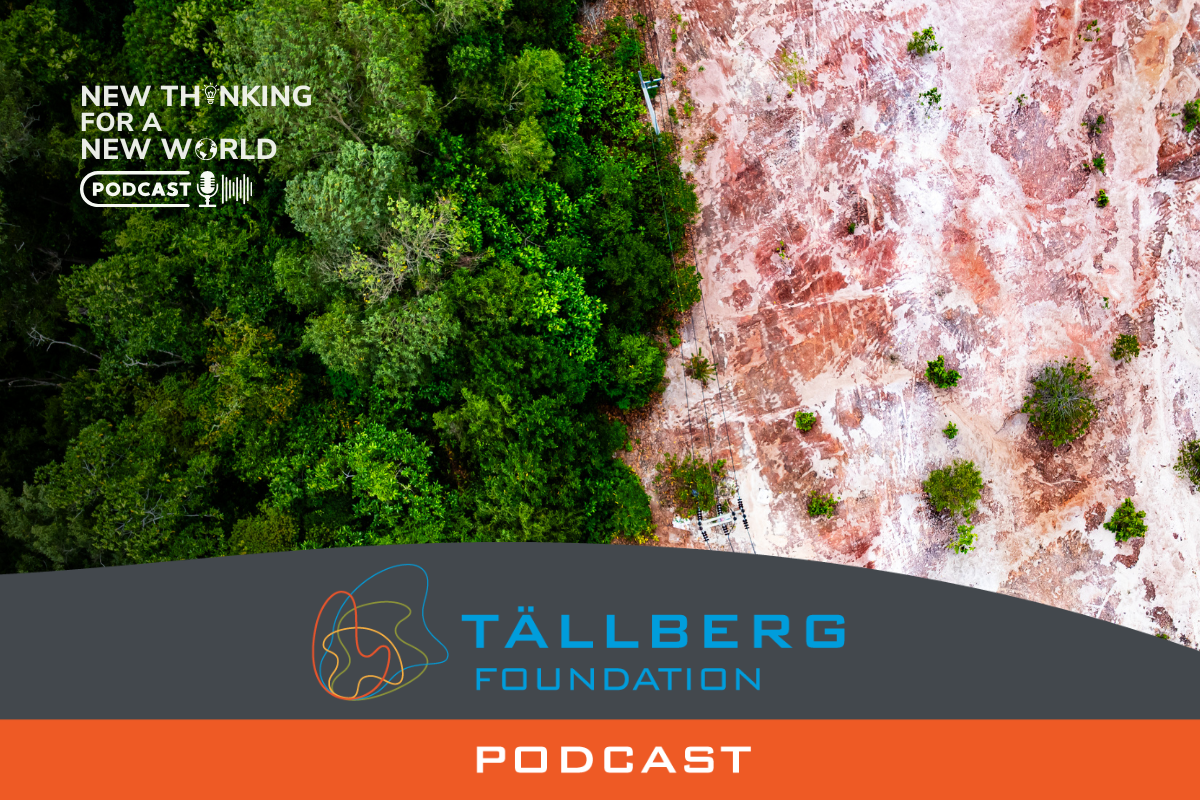It is trite, but true that youth are our future. Unfortunately, what is also true is that in most countries the mental health of young people has been declining over the past two decades, a decline that seems to have accelerated during and after COVID. Globally, one in seven 10 to 19-year-olds reportedly experience mental disorders. In turn, depression, anxiety, and behavioral issues are among the leading causes of illness, disability, and even suicide among adolescents.
What’s true globally is even more the case in Africa where 60% of people are under 24, and too many are victims of a witch’s brew of climate shock, inflation, economic mismanagement, war, gang violence, epidemics, and other disasters. The resulting high incidence of youth with serious and enduring mental health disorders not only mortgages their own futures, but their countries’ futures as well.
What can be done? Are there adequate resources, medical professionals, hospitals, and targeted programs focused on the challenges of youth mental health? Is there a real urgency among policymakers to address the problems?
Dr. Olayinka Omigbodun founded the Centre for Child and Adolescent Mental Health at the University of Ibadan in Nigeria where today she is Provost of the College of Medicine, the first woman to hold that position. She has devoted her life to trying to answer those and other questions about adolescent mental health.
***
Find the New Thinking for a New World podcast on a platform of your choice (Apple podcast, Spotify, Google podcast, Youtube, etc.)
ABOUT OUR GUEST
Olayinka Omigbodun is a Professor of Psychiatry at the University of Ibadan and a Consultant Child and Adolescent Psychiatrist at the University College Hospital in Ibadan, Nigeria. Privileged to train in Psychiatry and Public Health in Nigeria, the United Kingdom and the United States of America, Olayinka returned to her country, Nigeria and pioneered child and adolescent mental health (CAMH) research, training, and service development in her context. With a grant from the MacArthur Foundation, she established the Centre for Child and Adolescent Mental Health (CCAMH) at the University of Ibadan and served as the pioneer director of CCAMH in its first decade. Over 150 graduates from 14 African countries, with a combined population of approximately 450 million people, were trained in a Master of Science leadership programme in CAMH during that period. She is globally recognised as a leader in CAMH and was elected President of the International Association for Child and Adolescent Psychiatry and Allied Professions (IACAPAP) from 2010 to 2014, the first African to hold this position since IACAPAP was founded some 80 years earlier. She received the Leadership Award from the African Association for Child and Adolescent Mental Health (AACAMH) and the International Contribution Award of IACAPAP in recognition of outstanding accomplishments in the promotion of CAMH in the developing world. Professor Omigbodun has held advisory roles for the World Health Organization (WHO), the United Nations Children’s Fund (UNICEF), the Lancet Commission on Global Mental Health and Adolescent Health, among other international bodies. Olayinka is Nigeria’s first female Professor of Psychiatry and served as the 12th, and first female, Provost of the College of Medicine at Nigeria’s premier university, the University of Ibadan. Not daunted by the prevailing circumstances, she led major initiatives as Provost that raised more than US$4 million to support student scholarships and infrastructure development in the College. Olayinka also leads several impactful research projects benefiting thousands of children, youth, women, and persons with lived experiences of mental illness in low-income communities, providing them with vital care, support, and empowerment. Her personal history and story, as the daughter of a Nigerian military officer who lost his life in very tragic circumstances early in her childhood, have shaped her leadership style, which is grounded in a commitment to equity, empathy, empowerment, loyalty, and inclusion.




O Yes. Our children’s mental health is the continent’s wealth. This is very insightful and truly inspiring.
Thank you for this episode. I am so moved by Dr Omi’s work. It is true that mindsets can only shift when there is an encounter with a lived experience. When a critical mass is reached, culture will then change. Rooting for beautiful Nigeria!
Indeed, it is trite but true that youth are our future. Yet, the harsh reality is that the mental health of young people has been declining globally, a trend that worsened during and after the COVID-19 pandemic. It is reported that one in seven 10 to 19-year-olds experience mental disorders, with depression, anxiety, and behavioral issues becoming leading causes of illness, disability, and even suicide among adolescents.
This global crisis is even more pronounced in Africa, where 60% of the population is under the age of 24. Here, young people face a unique and overwhelming mix of challenges: climate shocks, inflation, economic mismanagement, war, gang violence, epidemics, and other disasters. These factors contribute to a rising tide of serious mental health disorders among youth, putting their personal futures—and the future of their countries—at severe risk.
The Path Forward: Feeding What We Want to See
The question, then, is what can be done to change this narrative? The reality is that the resources, medical professionals, hospitals, and targeted programs necessary to address youth mental health challenges remain painfully inadequate in many parts of Africa. Often, mental health care is treated as an afterthought, sidelined in policy discussions despite its urgent necessity. This lack of attention only perpetuates the cycle of untreated trauma and deteriorating mental health outcomes.
However, we must understand that energy flows where attention goes. If we focus on the problems without action, we inadvertently feed the very issues we aim to resolve. Instead, we must consciously direct our energy towards solutions—nurturing the mental well-being of our youth and investing in their future.
Leading by Example: The Work of Dr. Olayinka Omigbodun
There are trailblazers like Dr. Olayinka Omigbodun who are already making significant strides in this direction. As the founder of the Centre for Child and Adolescent Mental Health at the University of Ibadan and the first female Provost of the College of Medicine, she has dedicated her career to addressing these critical issues head-on. Dr. Omigbodun’s work is a powerful reminder of what is possible when we prioritize youth mental health. Her efforts underscore the need for a holistic approach, from influencing policymakers to integrating mental health care into primary health systems and creating community support networks that resonate with local cultures.
A Call to Action
Drawing from my perspective, it is clear that if we do not address the mental health crisis facing our youth, we risk losing a generation’s potential. We must feed what we want to see by channeling our focus and resources into creating supportive environments and accessible mental health services. This means:
Investing in mental health resources and prioritizing funding for services tailored to the needs of young people.
Raising awareness to break down stigma and normalize conversations about mental health.
Innovating with culturally resonant models of care, integrating mental health support into schools, communities, and primary healthcare settings.
The future is shaped by our actions today. The youth are not only our future—they are our present. Their well-being determines the fate of our shared tomorrow. It’s time to take decisive action, to feed the vision of a generation that is mentally resilient and empowered to thrive, not merely survive.